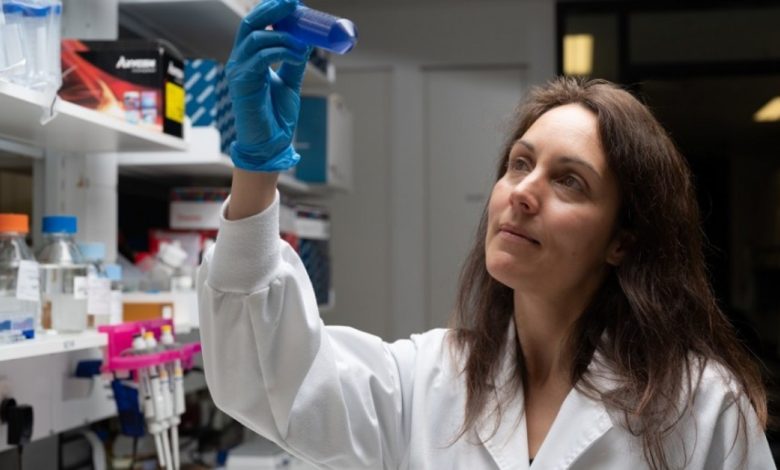Australian scientists make breakthrough in leukemia treatment
Currently, the most effective option for AML is bone marrow transplantation but up to 50 percent of patients can relapse after the procedure.

Australian scientists have made a breakthrough in developing new treatments for a type of leukemia.
In a study published on Friday, researchers from Australian National University (ANU) and the Peter MacCallum Cancer Centre discovered that acute myeloid leukemia (AML), an aggressive blood cancer, can effectively make itself invisible to the immune system.
By inhibiting a protein known as MHC class II, the cancer cells can avoid detection and prevent the immune system from fighting it.
The research team is optimistic drugs can be developed to reactivate the protein, enabling the immune system to detect and eliminate AML.
“Using cutting-edge CRISPR gene editing technology, we were able to identify that a specific group of proteins, called the CtBP complex, were responsible for switching off MHC class II in AML and other cancers,” Marian Burr, a senior author of the report from ANU, said in a media release.
“Importantly, we found that inhibiting the CtBP complex using specific drugs restored MHC class II levels and enhanced the ability of immune system cells to destroy the tumor cells.”
Approximately 900 Australians are diagnosed with AML every year.
It is most common in people aged 60 and older and kills more than 70 percent of adult patients within five years of diagnosis.
Currently, the most effective option for AML is bone marrow transplantation but up to 50 percent of patients can relapse after the procedure.
Burr said the findings could also help treat patients with other cancers.
“Cancer immunotherapies have been extremely effective in many different types of cancer, although treatment resistance remains a fundamental issue for some patients,” she said.
“We hope that this work will help to improve the effectiveness of immunotherapy, especially for aggressive types of cancers.”







